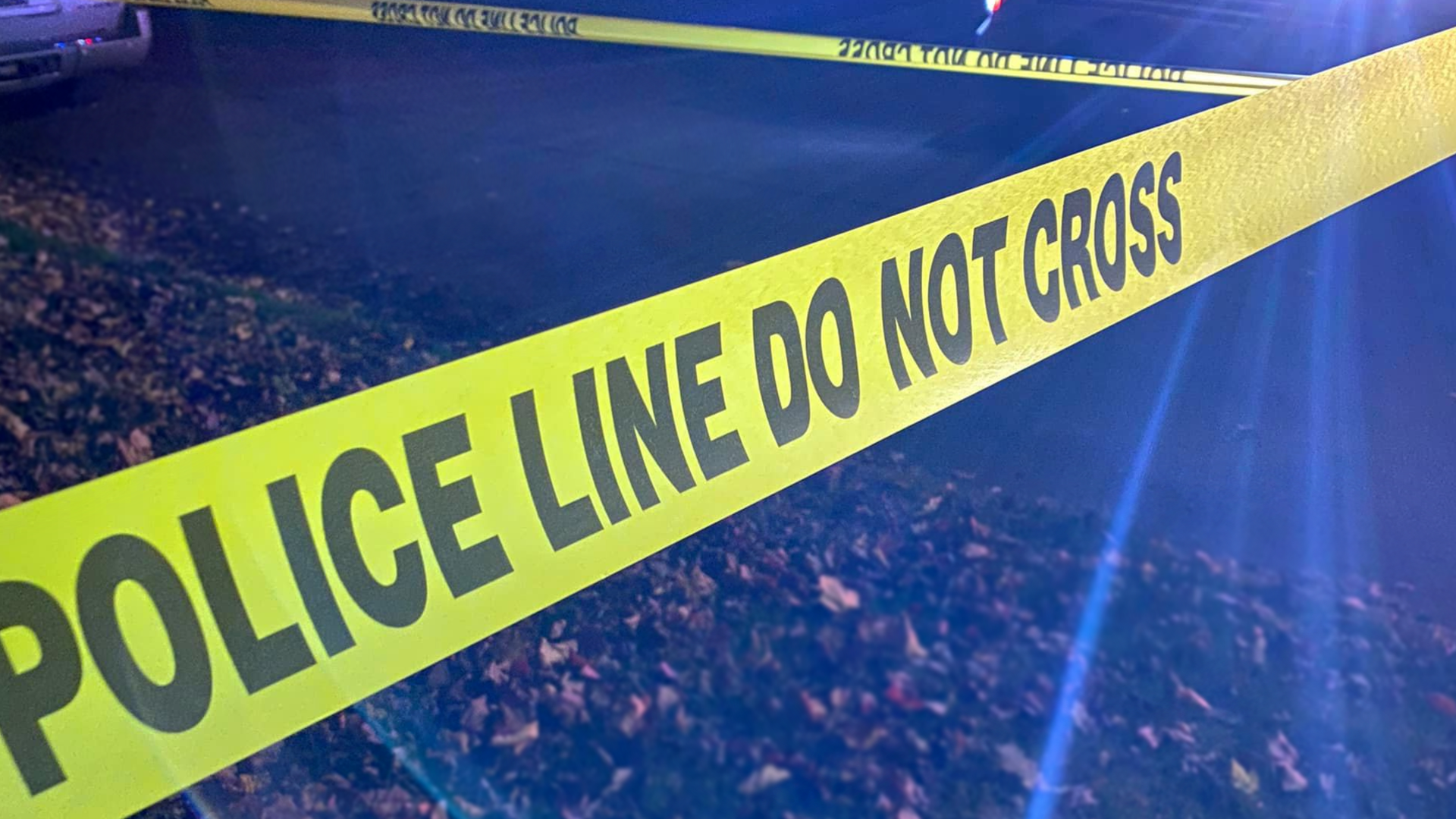TOLEDO, Ohio — The COVID-19 pandemic, anti-police sentiment, officer-involved shootings and line-of-duty deaths are all examples of stressors that can take a major toll on first responders' mental health.
These stressors can create Cumulative Post Traumatic Stress Disorder (PTSD) which has been described as stress that builds slowly over time until it manifests in a destructive manner. Symptoms of depression, anxiety or substance use often accompany PTSD.
In a recent traumatic event, two young boys died and a third had to undergo surgery following a shooting at a south Toledo apartment complex.
The shooting occurred on the 800 block of Byrneport Drive on Friday evening. Toledo police officers and paramedics arrived and found the three brothers inside the apartment, all suffering from at least one gunshot wound. The children were treated at the scene before being taken to the hospital.
The suspect, 27-year-old Kevin Moore, was arrested at the scene.
"Carrying babies out of homes...that's something that will never leave an officer. Having that baby in their arms and taking them out to the life squad," said Lt. Kellie Lenhardt, a spokesperson for the Toledo Police Department.
Toledo firefighters and EMS personnel respond to traumatic events as well, including car crashes and suicides. The department has an employee assistance program coordinator available 24/7 who connects personnel with mental healthcare professionals.
"Mental health has been a stigma in the past, but we're becoming more and more aware that behavior health and mental health is an issue we need to deal with," said Eric Sherman, the Employee Assistance Program Coordinator for Toledo Fire & Rescue.
TPD and TFRD said there are many resources available to help first responders including on-call chaplains, critical incident stress debriefings, counseling and just having each other to lean on.
Despite the trauma, first responders still press on, even in the toughest of circumstances.
"It's something you have to love to do or want to do because I don't know anybody else that would show up for work everyday and face death unless it was truly a calling," Lt. Lenhardt said.
The community's support also pushes them forward to answer their next call.
Know The Warning Signs
If you are experiencing any of these signs, please don’t wait to find support:
- Withdrawal, or self-isolation from friends, family and colleagues
- Marked changes in mood, increased sadness
- Increased or excessive substance use
- Aggressive, impulsive or reckless behavior
- Comments or thoughts about suicide
- Feelings of being out of control
- Difficulty with concentration and usual activities
- Issues with sleep
If you are in crisis, there are resources you can turn to:
Crisis Text Line serves anyone, in any type of crisis, providing access to free, 24/7 support via a medium people already use and trust: text. Text HOME to 741741 to reach a Crisis Counselor.
Safe Call Now is a confidential, comprehensive, 24-hour crisis referral service for all public safety employees, all emergency services personnel and their family members nationwide. Call 1-206-459-3020 or 1-877-230-6060.
The National Suicide Prevention Lifeline offers free, confidential crisis counseling 24/7, 365 days a year — and you don’t have to be in crisis to call. 1-800-273-TALK (8255).
If you are a frontline professional and would like to support your peers by telling your story and offering encouragement, please post your own video on social media and tag @NAMICommunicate with the hashtags #NotAlone and #FirstRespondersFirst. You can also submit a story.

